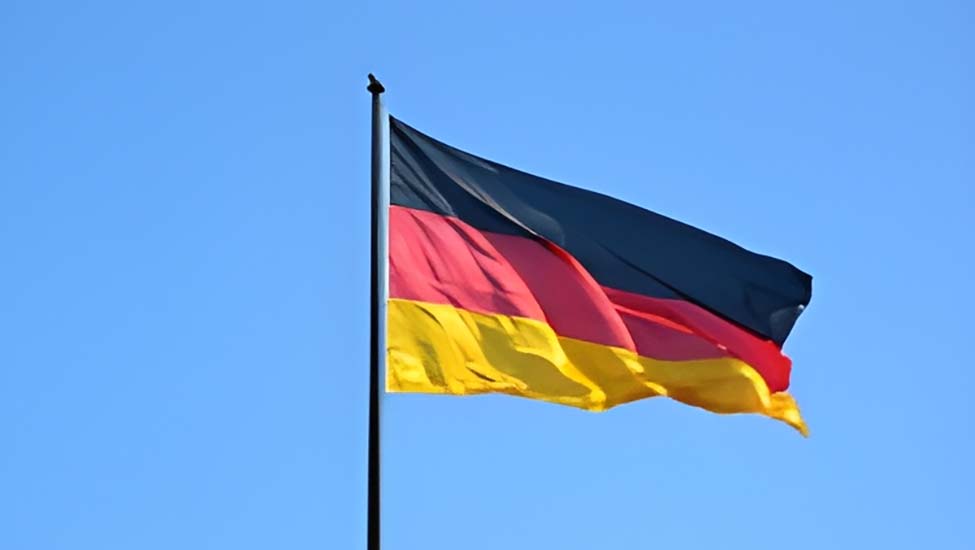The Newsletter n°415 — 2 nov. 2009
La Lettre
Jacqueline Hénard
—
2 November 2009
Women/Parity
1 January 1970

Article/Figaro
1 January 1970
Editorial
1 January 1970
Column
1 January 1970
Security/Justice
1 January 1970
Conference
1 January 1970

Publication
1 January 1970
Party/Freedom
1 January 1970
Ceremony
1 January 1970
Concert
1 January 1970
Commemoration
1 January 1970
Commission
1 January 1970

Confidence
1 January 1970
Germany
1 January 1970
Denmark
1 January 1970
UK
1 January 1970
France
1 January 1970
Belgium
1 January 1970
Bulgaria
1 January 1970
World Bank
1 January 1970
Czech Republic
1 January 1970
President?
1 January 1970

European Council
1 January 1970
General Affairs/External Relations
1 January 1970
Southern Caucasus
1 January 1970
Defence
1 January 1970
Social
1 January 1970

Aids
1 January 1970

Milk
1 January 1970
Food Supplies
1 January 1970
Environment
1 January 1970
Aviation/Security
1 January 1970
Space
1 January 1970
Payments
1 January 1970
Government
1 January 1970

Poland
1 January 1970
Women
1 January 1970

EU Presidency
1 January 1970

Energy
1 January 1970

Reunification
1 January 1970

EIB/TGV
1 January 1970

Germany
1 January 1970

Parity
1 January 1970
Government
1 January 1970

Treaty/End?
1 January 1970

EU/World
1 January 1970

Appointment
1 January 1970

ICTY
1 January 1970

Resignation
1 January 1970

Election
1 January 1970
Solana
1 January 1970

Savings
1 January 1970

Inflation
1 January 1970
Unemployment
1 January 1970
Poverty
1 January 1970

Africa
1 January 1970

Parity
1 January 1970
Central Europe
1 January 1970
Russia
1 January 1970
Tax Fraud
1 January 1970
Security
1 January 1970

Jazz/Berlin
1 January 1970

Exhibition/Madrid
1 January 1970
Matisse/Rodin
1 January 1970
Goncourt Prize
1 January 1970
Agenda
General elections 26 October in Georgia: a referendum on Europe
What the European Parliament should ask of future Commissioners
The European Union between the United States and China: should we choose between equidistance and following?
What future for European defence?
Europe in a fragmented global economy: making the most of the single market and competition policy
The Editors of the Newsletter :
Stefanie Buzmaniuk, Helen Levy
N°ISSN : 2729-6482
Editor-in-Chief :
Eric Maurice
Director of Publication :
Pascale Joannin
Any questions or suggestions?
Contact Us!







